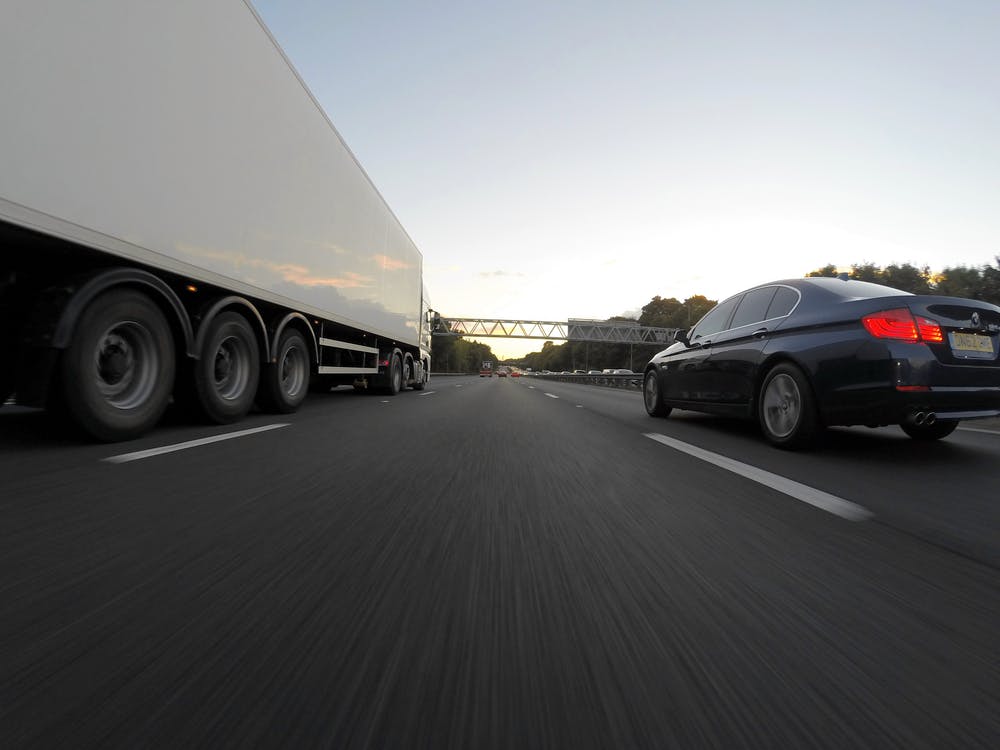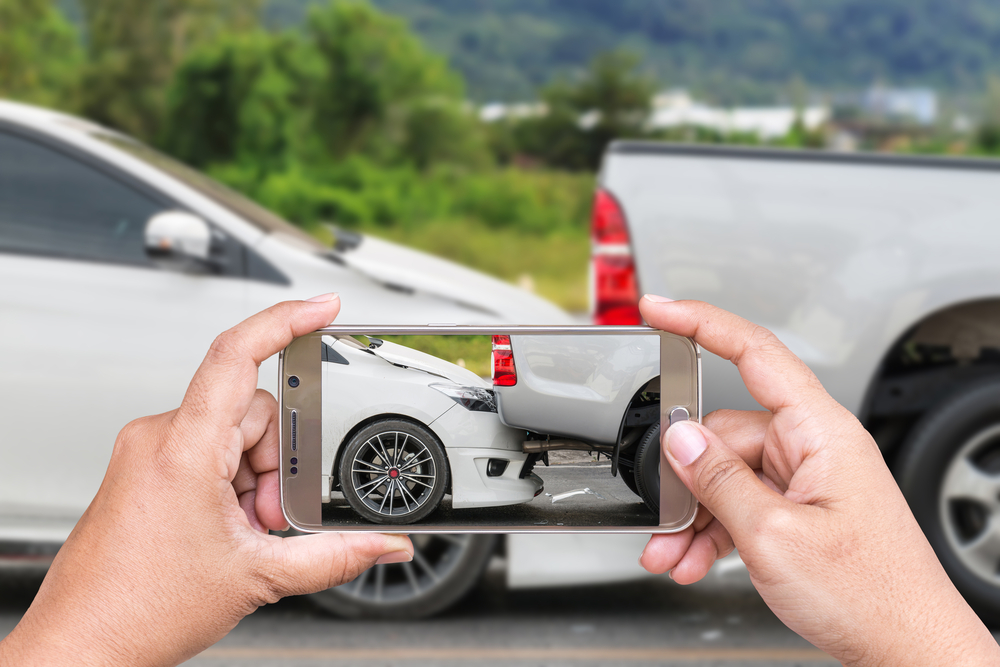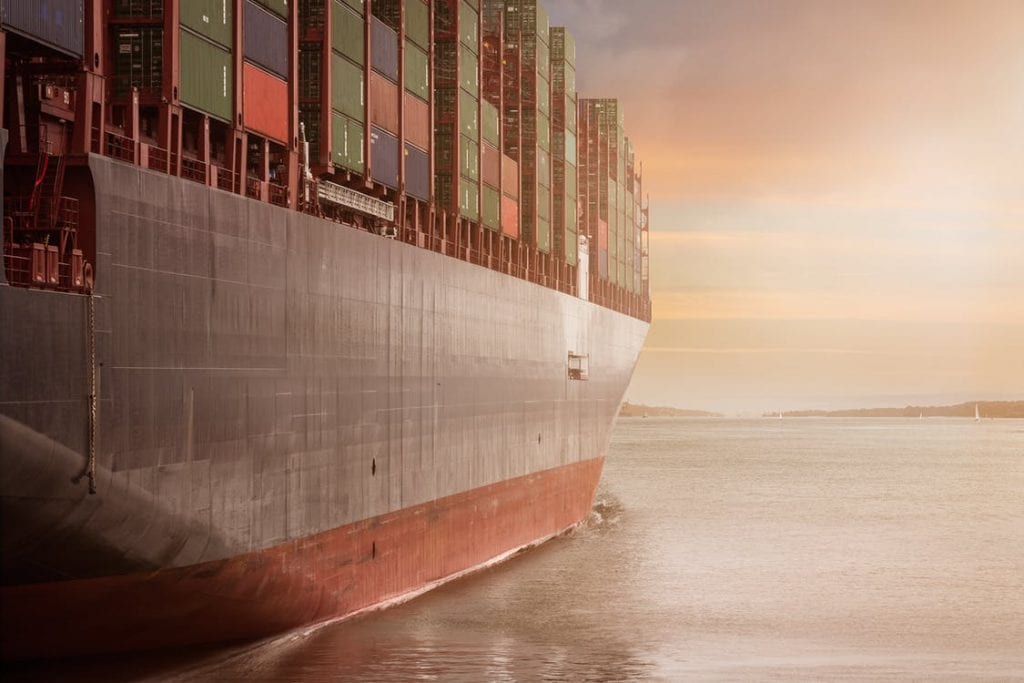When your business depends on the regular transportation of goods, you’ll inevitably need to determine the best means of getting those products from A to B safely, efficiently and cost-effectively.
Certain relatively modest businesses, such as eBay sellers or those centred on a small geographical area, may be able to get by using a car or car-derived van (CDV) for delivering goods. But in other scenarios, a car simply won’t do the job.
Here are a few examples of those scenarios.
When you need to transport larger goods
It’s an obvious point to make, but if your business deals with particularly large items – home furniture and appliances like fridges, washing machines, wardrobes and beds especially come to mind – trying to get transport those items with a car alone will be a recipe for major stress.
Even if you have an entire fleet of cars at your disposal, this will hardly be an efficient means of delivering large numbers of such items for your business, especially when customers order multiple large goods. Plus, certain shipments may need to be kept in carefully controlled conditions during transit that a standard car simply can’t provide.
When you need to transport heavier goods
Jurisdictions around the world have legislation limiting the weight of vehicles on their roads, in acknowledgement of the excessive wear and damage that overloaded vehicles can cause to roads and bridges. Plus, an overly heavy vehicle can be a safety risk, due to the greater load adversely affecting the vehicle’s stability and possibly causing problems with braking.
Naturally, what constitutes ‘overloaded’ varies depending on the vehicle used, and cars aren’t exactly designed to safely transport especially heavy items that would be best carried by vans or lorries.
This helps to explain why the UK’s vehicle weight laws set out in the Road Traffic Act 1998, for instance, require you to first find out the given vehicle’s Gross Vehicle Weight (GVW), as well as the weight of the vehicle with a full tank of petrol but no additional passengers, which is known as the kerb weight. These details can both be found in a car’s instruction manual.
As weighing scale manufacturers Marsden make clear, the number of kilograms that you can legally transport in a given car is determined by subtracting the kerb weight from the gross weight. If it’s an especially large number of heavy goods that you need to transport, you could therefore find yourself exceeding the allowable limit very easily when you depend on a car alone.
To give an example, the gross vehicle mass of a current Ford Fiesta is no more than about 1,700 kilograms, depending on the engine. By contrast, a UK-registered articulated tractor/trailer or rigid vehicle’s maximum allowable gross train weight (GTW) – the total weight of the tractor unit plus trailer plus load – is a whopping 44,000 kilograms, as stated by GOV.UK.
When you need to transport goods across national borders
Again, while you could theoretically transport items by car across the world, this would hardly make much sense for any business looking to maximise its efficiency and profit margins. This is especially the case given the existence of many reputable transport service providers that your organisation could partner with, and which can give you the benefit of a wide range of suitable vehicles.
When you opt for European road freight by T S Europe, for example, you can take advantage of express services using such vehicles as box vans when higher security is required, or curtain-sided vans for when you need the flexibility that this van type can give you.
Don’t leave your business hamstrung by having to depend on cumbersome car use, when there are so many other potential means of delivering goods that could also greatly support your company’s growth ambitions.








